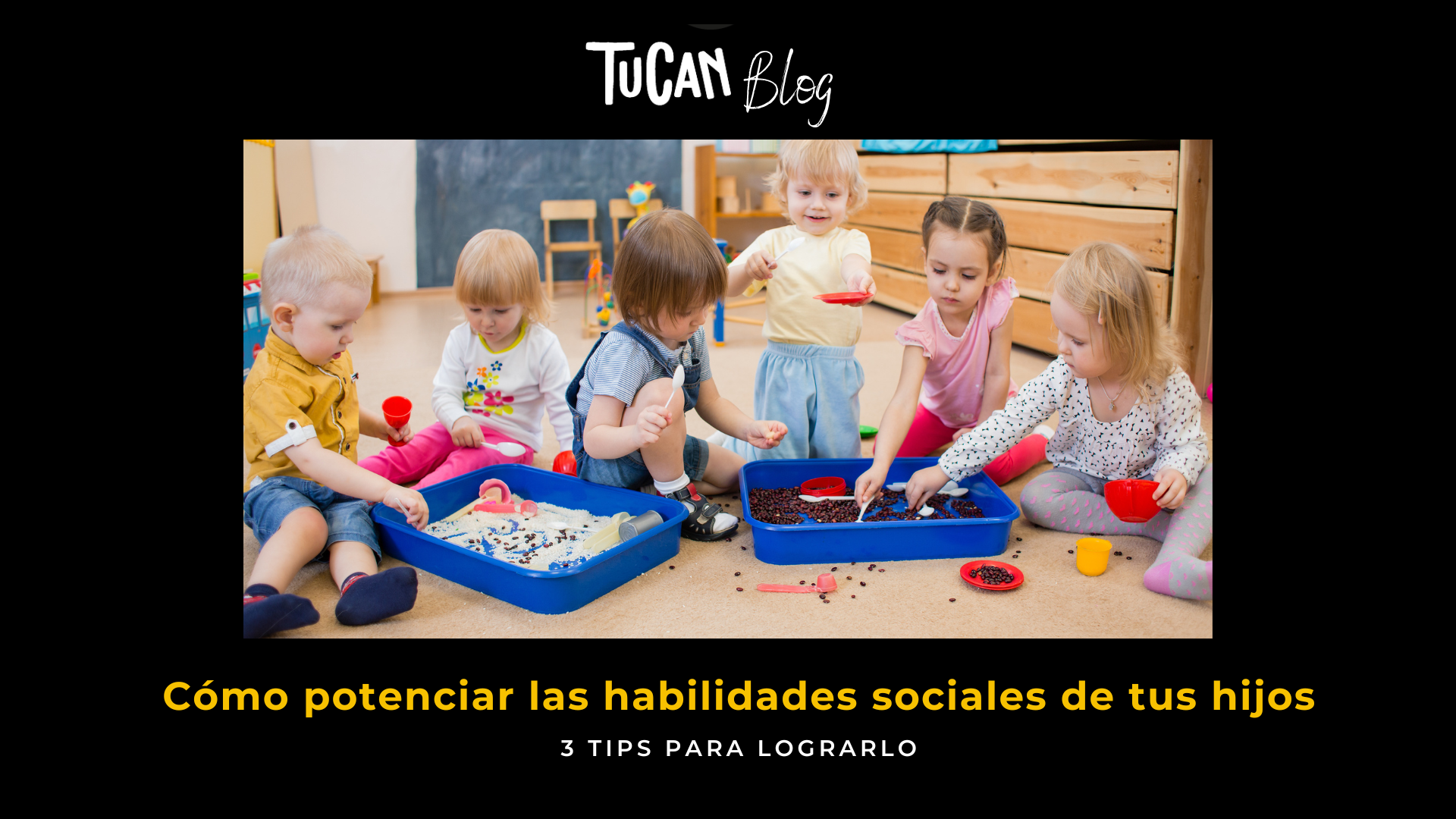Socialization is a crucial process in children’s development, as it allows them to learn to interact with others and form meaningful relationships. The ability to socialize properly is essential for success in life, both personally and professionally. In this article, we’ll explore the importance of socializing children, the consequences of not doing so, and some tips to encourage socialization.
Socialization begins at birth and continues throughout life. Children learn to socialize through observation, imitation, and experience. When children interact with others, they develop social skills such as empathy, communication, cooperation, and teamwork. These skills are essential for success in school, work, and personal relationships.
A study published in the journal Developmental Psychology found that children who have more advanced social skills are more likely to be accepted by their peers and have more positive relationships with them. Additionally, children who have advanced social skills are also more likely to be successful academically and professionally in the future.
On the other hand, children who do not socialize properly can suffer negative consequences. Lack of social skills can lead to loneliness, isolation, and social anxiety. It can also affect academic performance, as children who are not comfortable socially may have trouble working as a team and communicating with their peers and teachers.
To enhance the socialization of children, here are some tips:
- Encourage group play: Play is a natural way that children learn to socialize. Fomentar el juego en grupo les permite a los niños interactuar con otros y desarrollar habilidades sociales como la cooperación y la comunicación. Parents and caregivers can organize group play activities such as birthday parties, trips to the park, or sports activities.
- Teaching Social Skills: Parents and caregivers can explicitly teach children social skills. For example, they can teach them how to introduce themselves, how to actively listen to others, and how to make friends. They can also model healthy social behaviors and foster respect and empathy for others.
- Provide opportunities to interact with others: It is important to provide children with opportunities to interact with others.. This can include extracurricular activities, art or music classes, and community events. By interacting with others, children have the opportunity to develop social skills and establish meaningful relationships.
In conclusion, socialization is a fundamental process in the development of children. It allows them to develop essential social skills for success in life. Parents and caregivers can help foster children’s socialization through activities such as group play, teaching social skills, and providing opportunities to interact with others. By doing so, they are helping to ensure the future success of children.




